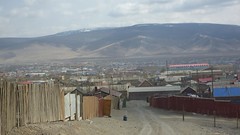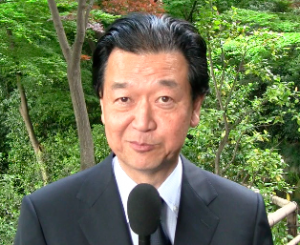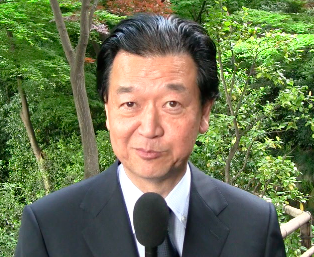 There’s what people think the Netherlands is like and then there’s what the Netherlands is actually like. Reality does not always fit the internationally renowned fantasy. From drugs, to prostitution and now to squatting; much of what the world claims to know about the land of orange, stopped being true some time ago.
There’s what people think the Netherlands is like and then there’s what the Netherlands is actually like. Reality does not always fit the internationally renowned fantasy. From drugs, to prostitution and now to squatting; much of what the world claims to know about the land of orange, stopped being true some time ago.
The latest victim on the list of celebrated traditions that exist in few other places the way they exist in Amsterdam is the tradition of squatting. At the height of squatting in the 1980’s, in Amsterdam alone there were at least 20,000 residents living in occupied buildings. Long after the city and private owners had left buildings abandoned and in disrepair, this community of hands-on, do-it yourself individuals took the initiative to not only take over these buildings, but to repair them and create a new community around them. An empty hospital, a forgotten warehouse, an obsolete police station, a crumbling school house, no matter where you look in the beautiful city of Amsterdam, there is surely a squat that has been repaired and re-purposed by groups of artists, activists, and other creative types. And they don’t stop at housing, in the city of Amsterdam alone squats are home to organic vegetarian restaurants, affordable atelier space for artists, live performance spaces, film houses, saunas and more.
Yet despite the unique and incalculable contribution squatting brings to a city such as Amsterdam, in the halls of city and national government there has apparently not been enough voice to defend that tradition. As June 1st, 2010 came and went, Dutch parliament passed a law making squatting illegal, in effect turning hundreds if not thousands of citizens into instant criminals. This comes only days before a parliamentary election where the ruling parties are expected to lose badly, the very political elites who have led the charge against squatting.
A bizarre juxtaposition, as governments throughout the world sit around having meetings about how to attract the “creative class” to their cities. They spend millions on urban planning consultants and sociologists who subscribe to the Richard Florida school of finding ways to bring smart people to your town, thus creating vibrant and interesting cities for work, life, and visiting. These same decision makers who dedicate so many resources to trying to make a city special, now stand by idly- or worse, lead the charge, to turn one the most innovative urban movements on the planet, into a collection of criminals forced to leave the hubs of creative energy and homes that have been part of the urban social fabric for more than 50 years.
 India Unheard is a new project by VideoVolunteers which focuses on helping develop a network of citizen journalists and concerned video citizens throughout India. My guests, BaghdadBrian and Stalin K, are both involved with the project and agreed to talk to me and explain what VV is, the idea behind India Unheard, and the evolution of the project.
India Unheard is a new project by VideoVolunteers which focuses on helping develop a network of citizen journalists and concerned video citizens throughout India. My guests, BaghdadBrian and Stalin K, are both involved with the project and agreed to talk to me and explain what VV is, the idea behind India Unheard, and the evolution of the project. Over the past 10 years, besides regularly visiting friends and family, I have taken
Over the past 10 years, besides regularly visiting friends and family, I have taken 
 Yuuki Aki is no ordinary Japanese writer. He’s been living and writing an issue that many westerners wouldn’t believe would be so contreversial in such a modern place: room sharing.
Yuuki Aki is no ordinary Japanese writer. He’s been living and writing an issue that many westerners wouldn’t believe would be so contreversial in such a modern place: room sharing. While recording the podcast of the Ger district tour, these images were also captured. This video doesn’t include the detail and background info that you can hear in the podcast, but I think the images speak for themselves.
While recording the podcast of the Ger district tour, these images were also captured. This video doesn’t include the detail and background info that you can hear in the podcast, but I think the images speak for themselves.

 What happens when a someone living in the big money banking sector one day quits it all and tries out the world of environmental activism and conservation? Chiew Y. Chong did just that over 18 years ago when he joined the
What happens when a someone living in the big money banking sector one day quits it all and tries out the world of environmental activism and conservation? Chiew Y. Chong did just that over 18 years ago when he joined the